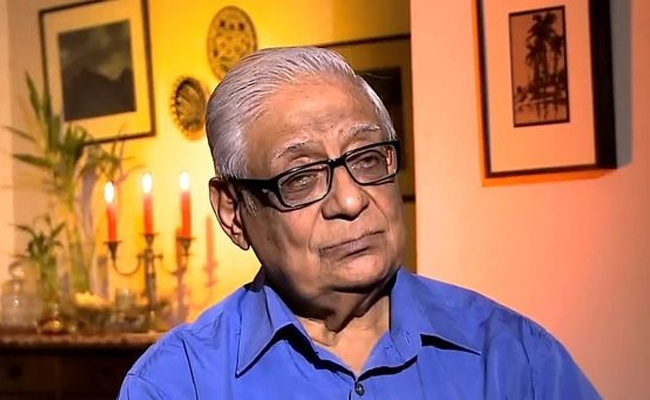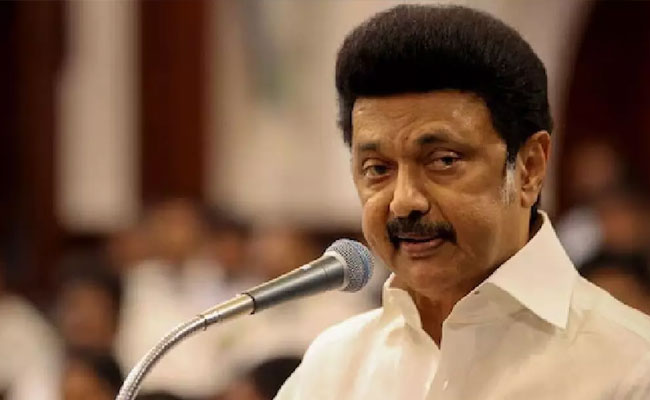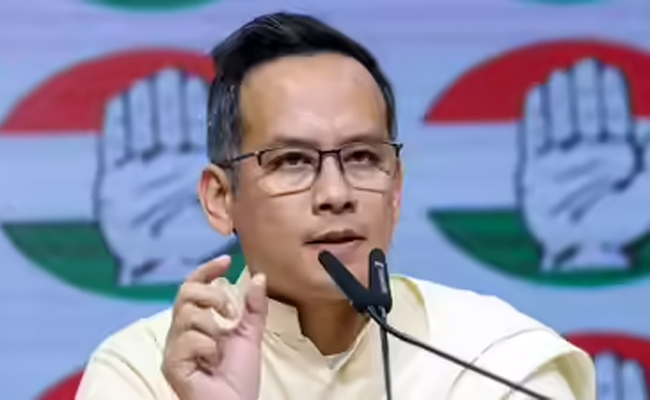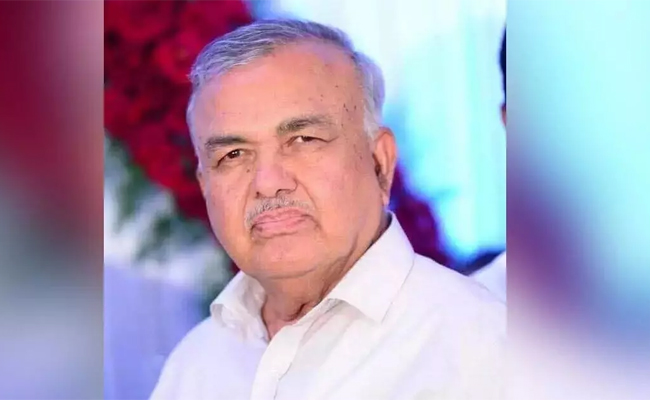Kingston (Jamaica): Off-spinning all-rounder Rahkeem Cornwall, who made his Test debut for West Indies on Friday in the second test cricket match against India, has become the heaviest cricketer to play international cricket.
Cornwall, who is 6’6″ tall and weighs around 140 kg, surpassed former Australia captain Warwick Armstrong, who weighed 133-139 kg, to achieve the feat. Armstrong played 50 Tests between 1902 and 1921, leading Australia in 10 of them.
Cornwall, 26, earned his Test cap after taking 260 wickets in 55 first-class matches besides scoring 2,224 runs at 24.43.
He has impressed in his maiden Test so far, picking up the priced scalp of Cheteswar Pujara in the 27 overs he bowled on Day 1 at the Sabina Park on Friday. He gave away just 69 runs and kept the Indian batters in check. He also took two catches that of K.L. Rahul and Mayank Agarwal off the bowling of skipper Jason Holder.
At stumps on Day 1, India were 264/5 with Hanuma Vihari and Rishabh Pant batting at 42 and 27, respectively.
Let the Truth be known. If you read VB and like VB, please be a VB Supporter and Help us deliver the Truth to one and all.
New Delhi (PTI): HK Dua, a distinguished journalist and a veteran of Indian public life who held the rare distinction of helming editorial operations at three of India's leading newspapers, passed away on Wednesday at the age of 88.
He breathed his last peacefully this afternoon at a private hospital, a member of his family said.
His cremation will take place at Lodhi Road crematorium on Thursday.
Dua was admitted to the hospital around three weeks ago. He was survived by wife Adity and son Prashant.
In a remarkable career spanning over four decades, Dua traversed the world of journalism, served as a media advisor to two prime ministers -- Atal Behari Vajpayee and HD Deve Gowda -- and transitioned into the roles of a diplomat and parliamentarian.
A Padma Bhushan recipient, Dua was known for his affable persona, sharp political insight and unwavering commitment to editorial independence. He commanded respect across the political spectrum.
Dua served as editor of The Hindustan Times (1987-94), Editor-in-Chief of The Indian Express (1994-96) and The Tribune (2003-09) and Editorial Advisor for The Times of India (1997-98).
Born on July 1, 1937, Dua also served as India's ambassador to Denmark (2001-2003).
He was a nominated member of Rajya Sabha (2009-2015), where he contributed significantly to debates on foreign affairs and national security. He was also part of several high-profile parliamentary committees, including the Standing Committee on Foreign Affairs and the Consultative Committee for the Ministry of Home Affairs.
A two-term president of the Editors' Guild of India and a steadfast defender of democratic values, Dua also served on the National Security Advisory Board and received honorary doctorates from Punjab and Kurukshetra Universities for his contributions to the Fourth Estate.
Apart from the Padma Bhushan, he received several awards, including the Durga Ratan award and the Bal Gangadhar Tilak award for excellence in journalism.
Leaders across the political spectrum and members of the media fraternity expressed condolences over Dua's demise.
"My deepest condolences on the passing of H K Dua, a distinguished journalist, diplomat, and Padma Bhushan recipient whose commitment to truth, editorial independence, and public service enriched public discourse," Congress president Mallikarjun Kharge said on social media.
Shiromani Akali Dal President Sukhbir Singh Badal said Dua upheld editorial independence with unwavering integrity, sharp insight, and commitment to democratic values.
"His contributions as a journalist and an editor across leading newspapers leave behind an enduring legacy," he said.
Congress MP Shashi Tharoor said: "A journalistic giant has left us."





